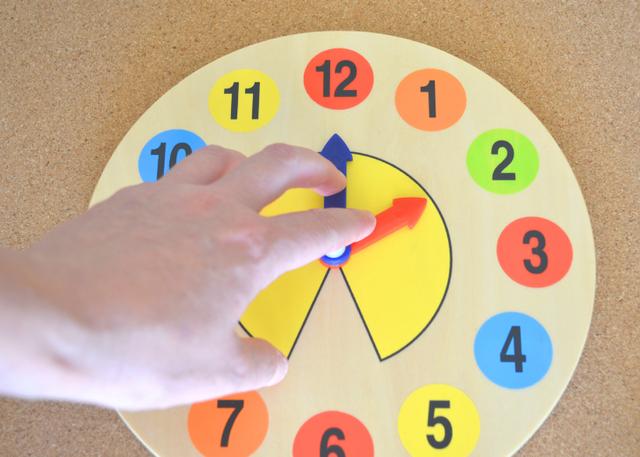
The Odd-Ball Effect
Hard

Have you ever noticed that when something unexpected happens, it seems to take longer than it actually does? This science project will explore how the unexpected affects our perception of time.
Hypothesis
The hypothesis is that the unexpected will affect our perception of time.
Method & Materials
You will set up a slide show with a common theme, and one odd-ball slide that does not fit the theme. You will then show the slide show to participants and ask them to estimate how long the odd-ball slide appeared.
You will need a computer with PowerPoint or a slide projector, 15-20 slides depicting a specific theme, one odd-ball slide, a digital camera or internet access, a scanner (optional), and 5 participants.
Results
The results of this experiment showed that the odd-ball slide was perceived to last longer than the other slides. This suggests that the unexpected affects our perception of time.
Why do this project?
This science project is interesting because it explores how our perception of time can be distorted by the unexpected.
Also Consider
Variations of this experiment could include using different themes for the slides, or using different types of stimuli (visual or auditory).
Full project details
You can find additional information and details for this science fair project here. Have fun exploring!Related video
Hey there! Here are some awesome videos about this science project that we think you'll really like. They're not only super fun, but they'll also help you learn more about the science behind the project. So sit back, relax, and get ready to have some fun!!
Share this Science Project:
Related Science Fair Project Ideas
Does color affect how fast something appears to move? Find out in this science project!
Hard
Do you ever feel like people judge you differently after you do something well or poorly? This experiment will explore the mental process of the Halo Effect and how it ...
Hard
Do you value something more if you own it? Find out in this experiment!
Hard
Share this Science Project:
